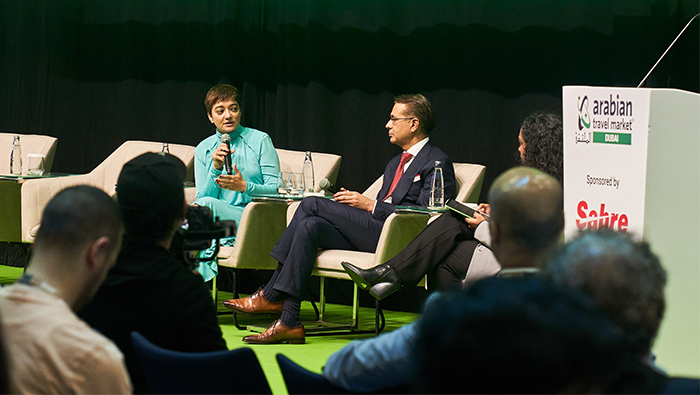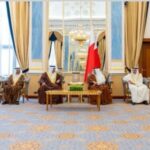The Middle East and North Africa (MENA) region is becoming a key player in the affluent travel market, with high spending and a growing interest in sustainable eco-luxury and cultural experiences. Mastercard’s latest report, ‘Affluent Travel: A Middle East Perspective’ unveiled these trends at the Arabian Travel Market 2024. The global luxury travel market is projected to grow by 7.9% between 2024 and 2030, driven by new experiences in unexplored destinations, micro-trips, and ‘bleisure’ trips.
High-net-worth travelers make up 36% of global travel spending, according to a Jones Lang LaSalle study. The report from Mastercard highlights the importance of sustainability, cultural immersion, quality accommodation, seamless technology, and loyalty benefits to these travelers. Companies are partnering to offer innovative solutions that cater to the growing demand for luxurious travel experiences.
Luxury travelers in the MENA region are seeking cultural immersion and sustainable eco-luxury experiences. This includes supporting local communities and staying in eco-friendly accommodations. Affluent consumers are willing to pay more for sustainable travel features, such as energy-efficient services and less carbon-intensive transport options. This trend is especially prominent among younger affluent travelers aged 18-34.
Affluent travelers value meaningful experiences over material possessions, prioritizing unique personalized experiences and exemplary customer service. Quality luxury accommodation is a top priority, with many willing to pay more for secluded locations and pampering services. Younger luxury travelers are willing to splurge on gourmet experiences and are drawn to technology-driven hospitality spaces that cater to their comfort and well-being.
GCC travelers are among the highest spenders in the luxury travel market, with high-net-worth individuals being loyal supporters of loyalty schemes and membership cards. Exclusive airport lounges, priority check-in, and boarding are among the most utilized perks of loyalty memberships. The shift towards younger generations, such as Millennials and Gen Z, is reshaping the luxury travel market, with Gen X expected to make a significant contribution to travel growth in the GCC region.
Despite the global travel slowdown due to the pandemic, the MENA region is showing resilience, with airport arrivals in 2022 surpassing 2019 numbers. Specific destinations like Qatar and Saudi Arabia have seen significant growth in arrivals. The travel industry in the MENA region is thriving, with a focus on sustainability, cultural immersion, and luxury experiences driving growth in the affluent travel market. The future looks bright for luxury travel in the MENA region, as affluent travelers continue to seek out unique and meaningful experiences in their journeys.










